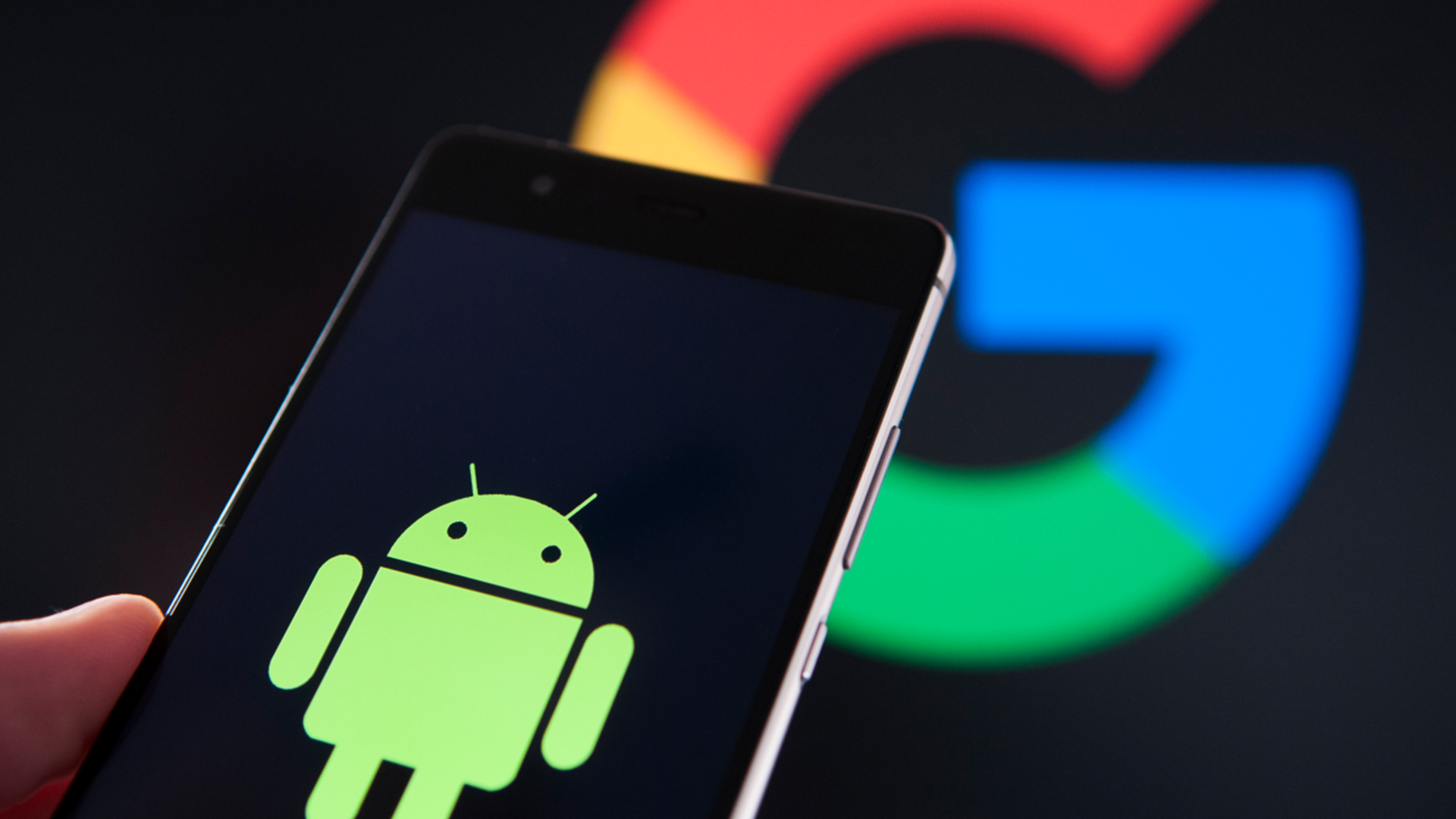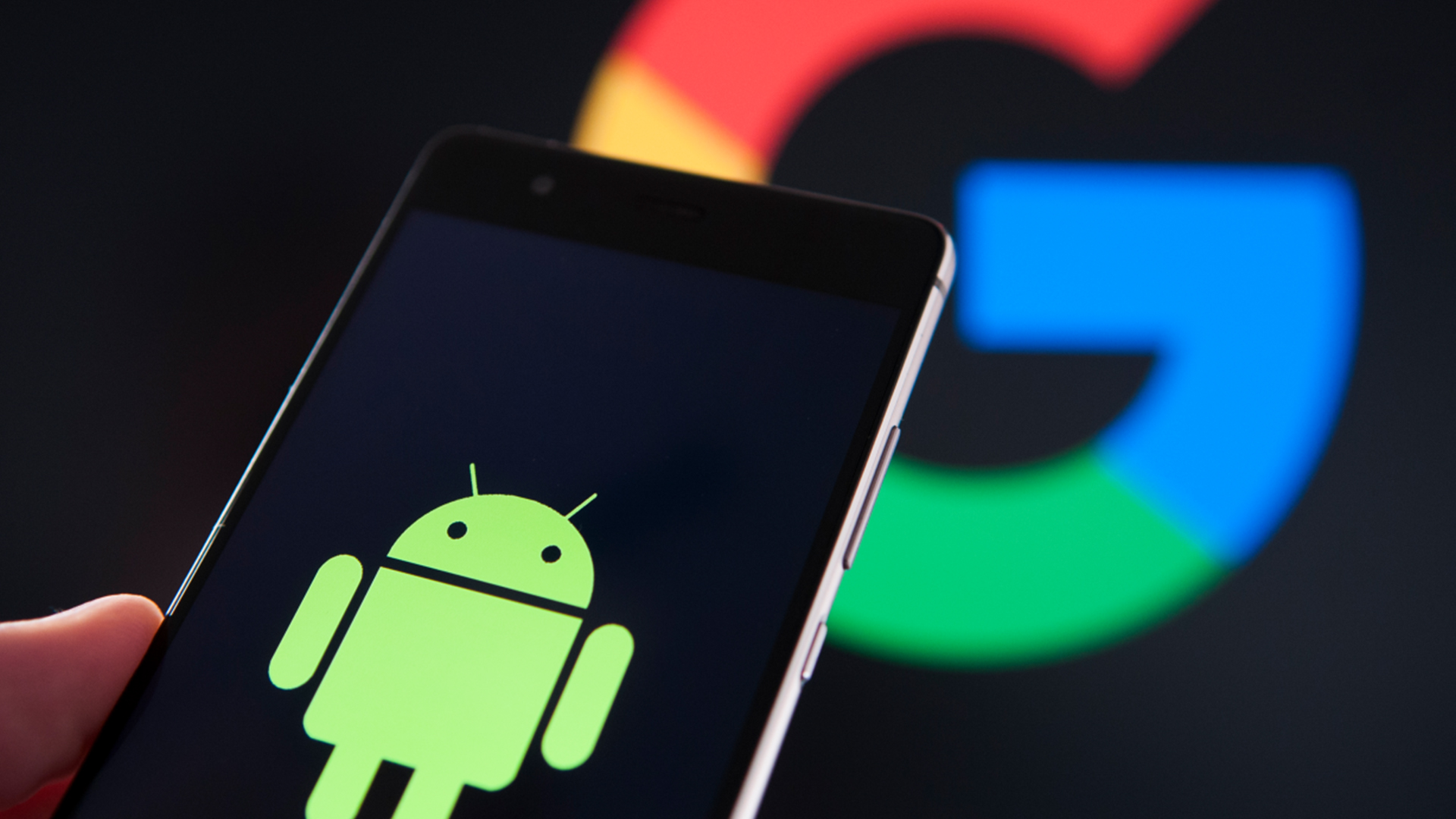The browser wars on the PC rumble on with Google’s Chrome, Apple’s Safari and Firefox chipping away at Microsoft’s Internet Explorer. Now with more people around the world using the internet on their mobile phones, we’ve got a whole new battle, and Microsoft is no where to be found.
Apple’s Safari and Google’s built-in Android browser top the most recent monthly market share figures from Net Applications , but coming in at number three is Opera from Norway , whose lightweight Opera Mini browser is popular worldwide, especially in places where mobile data service is slow.
Opera makes two mobile browsers. Opera Mobile for smartphones and Mini for simpler, less powerful mobile phones. Opera appeals to a lot of users because it uses web caching and compression technology to speed up mobile browsing.
Since 2008, Opera has been providing its own analysis of mobile web usage . Looking at its own usage statistics, Opera gave some flattering figures for use of Opera Mini :
• Opera Mini has more than 140 million users worldwide, with much of the growth coming from India, Indonesia, Russia, China and Brazil. • The browser has more than a million users in 22 countries around the world. • In October, 86.2 billion pages were served making up some 1,360 million megabytes. If the data had been uncompressed, the data would have been 12.7 petabytes. • In the past year, data downloaded by Opera Mini users has more than doubled
However, despite its growing user base, Opera’s market share has dropped by a third, according to the Net Applications statistics.
The problem is that mobile browser statistics are even murkier than desktop stats because a number of Android handsets report their browser is Safari rather than the built-in Android browser . The statistics are significant for those following the Apple iPhone versus Android mobile battles, but in terms of browsers, Safari and the Android browser have the same lineage, Webkit.
China looks west
Apart from Opera, the order of mobile browser doesn’t look all that different from the desktop. US companies dominate. That all changes in China, a market with 1 billion mobile users and 102 million smartphone owners.
Despite the popularity of Android and the iPhone in the China, Google and Apple’s browsers don’t even register on the mobile landscape. The UC browser dominates, with 65% of the market , with Chinese internet giant Tencent coming in a distant second with its QQ browser at 27%. Opera comes in third with 6% of the market.
Both the UC and the QQ browsers use the same caching and cloud strategy that Opera does, and both UC and QQ are making moves beyond their native market in China. They both have versions that run on Apple’s iPhone and iPad as well as Google’s Android phones, Nokia’s Symbian platform and mobile Java, still used on a wide range of mobile phones around the world.
UC has had 20 million downloads outside of China , and QQ made a move recently to expand its market by launching on GetJar, an open apps store that pre-dates the apps stores launched by Apple and Google, going live in 2005.
“This partnership recognises the joint endeavours of both Tencent and GetJar to make app distribution more open and more global,” said Chengmin Liu, Senior Executive Vice President of Tencent, in a statement announcing the partnership . GetJar is available in 190 countries around the world, and GetJar CEO Ilja Laurs made the point that despite the attention paid to smartphones, the world is still dominated by lower-powered feature phones, as they are known in the industry.
“While it may be perceived that there are two dominant players in the market, it’s important to remember that there are 2 billion feature-phone users worldwide and that number is still increasing,” Laurs said.


)




)
)
)
)
)
)
)
)